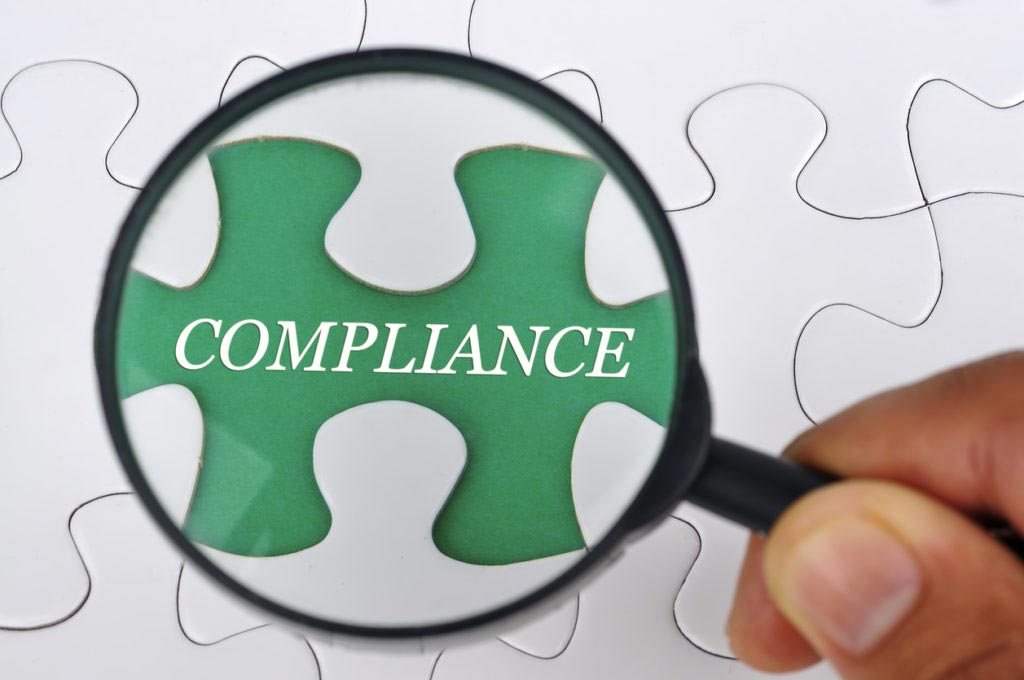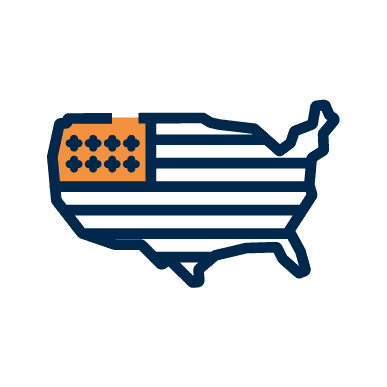
One of the ways that the Centers for Medicare and Medicare Services (CMS) ensures quality service and safety throughout their vast network of organizations is to require that all MAOs (Medicare Advantage Organizations) and Part D sponsors are trained in general compliance and proper fraud, waste, and abuse education.
All MAOs are under obligation to have each of their FDRs (contracted partners) comply with these requirements as well, by keeping them up-to-date with general compliance and FWA training and education. To help your organization and involved parties successfully complete these specifications, healthcare compliance officers should be informed of all the fundamentals and have the information readily available for FDRs as well. This article will clarify most of the necessary details revolving around this training so everyone can comply with ease.
What are FDRs?
The contracted partners are referred to as FDRs, which stands for First-tier, Downstream, and Related entities.
First-tier: First-tier organizations have a written agreement with an MAO or Part D plan sponsor/applicant to administer services in the healthcare or administrative capacity to individuals under the Medicare Advantage program or Part D program. This may include pharmacy benefit managers, call centers, or fulfilment vendors.
Downstream: A tier below first-tier members, downstream parties provide the same services as previously mentioned under written agreement. Hospitals and field marketing agents are some examples.
Related entities: Any party with direct relation to the sponsors either by ownership or control is considered a related entity. Additionally, these parties must either act in a managerial position (fulfilling the same capacities and functions), provide Medicare-eligible individuals services (whether via an oral or written agreement), or supply goods to the sponsor (including property) that exceeds $2500 over any contract period.
Examples of FDRs include pharmacy benefit managers, pharmacies, agents, field marketing organizations, claim administration vendors, and other vendors that help Medicare deliver benefits.
Who Needs This Training?
FDR classification covers a considerable amount of subsidiaries. The good news is that the entire FDR staff isn’t required to
take this training. The five groups of employees who will need compliance training requirements include:
- Senior administrators/managers who are handling the FDR contracts
- Any employees involved in establishing or administering formulary or medical benefits coverage policies and procedures of the Sponsor
- Employees who are in charge of making decisions on behalf of the Sponsor (this can include enrollment functions, medical claims, or appeals and grievances)
- Anyone who will review the beneficiary claims and services requesting payment
- Any other employee with a role that could place the organization in a compromising, noncompliance situation
These requirements apply to all Part C (Medicare Advantage) and Part D (Prescription Drug) plans.
How to Administer Training
FDRs have the ability to complete general compliance/FWA training via the Medicare Learning Network within the CMS website. This is the easiest way to fulfill the requirements since the system will automatically create a certification of approval when the course is completed/passed. If an organization already has a training system in place, they can incorporate the CMS standardized training modules into their pre-existing system or written documents to be distributed to their providers.
What Else?
Here are a few more important points for healthcare compliance officers to give over regarding FWA training:
- Training must be completed within 90 days of entering into a contractual arrangement. After that, training courses need to be taken every year.
- Proof of certification must be retained by the FDRs because healthcare compliance officers can ask for this certification at any point as proof of general compliance requirements completion.
- A formal report must be filed if noncompliance occurs.
- FDRs must comply with exclusion list screenings. According to the Medicare Managed Care Manual, “Monthly screening is essential to prevent inappropriate payment to providers, pharmacies, and other entities that have been added to exclusions lists since the last time the list was checked.” As such, it’s important for MAOs to screen all of their employees, and for FDRs to ensure they are not included in this list.
Since MAOs are responsible to ensure that their FDRs are certified in this training, these organizations generally send out an attestation form to each of their first-tier, downstream, and related entities, substantiating that the necessary parties have fulfilled the requirements the previous year. Make sure to check with your MAO as to the deadline of when their attestation forms must be filled out and sent in. Many of them require it sometime in the first quarter of the year.




































